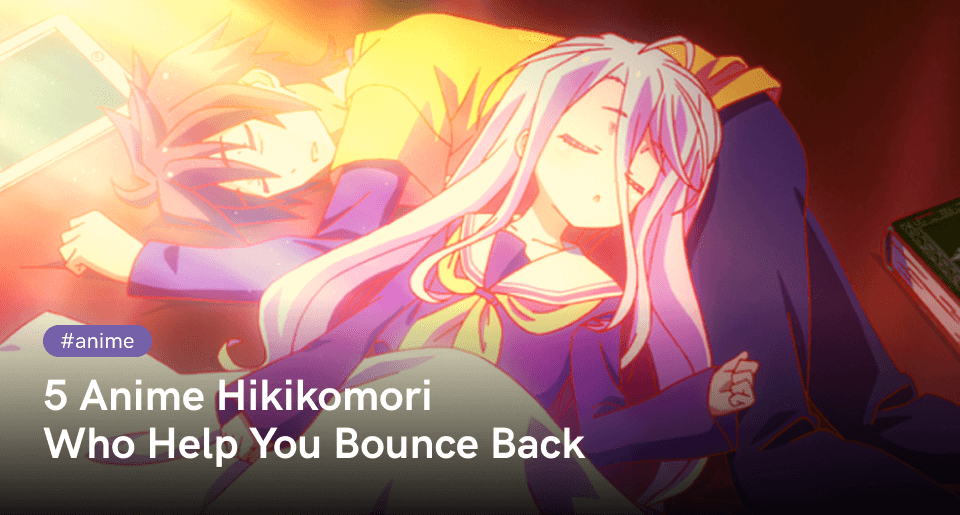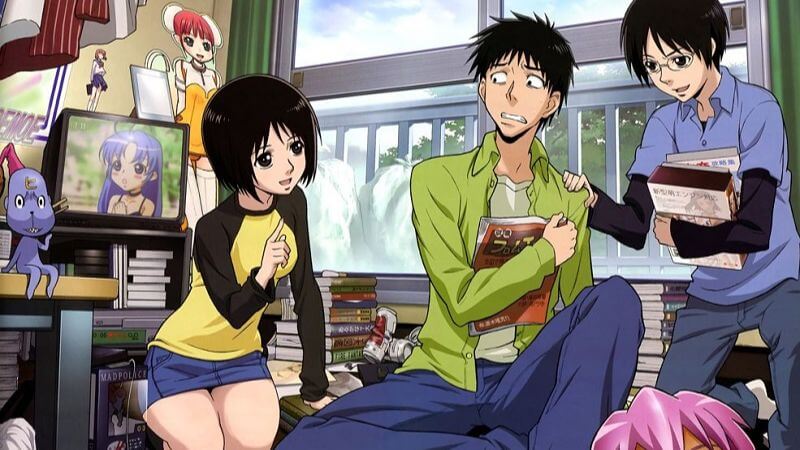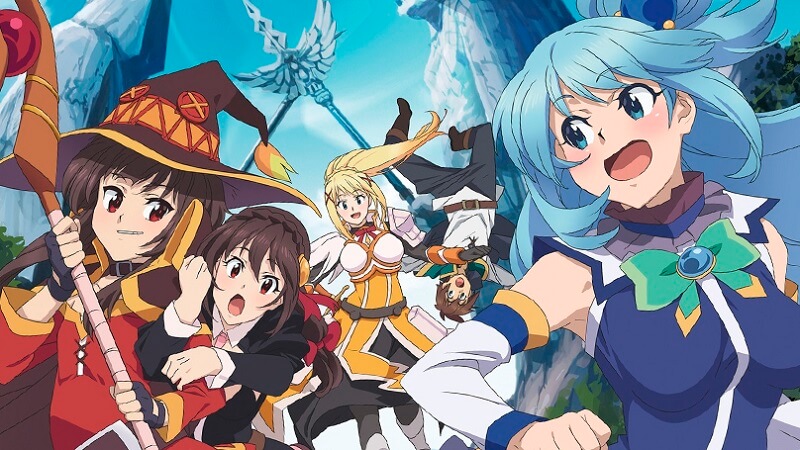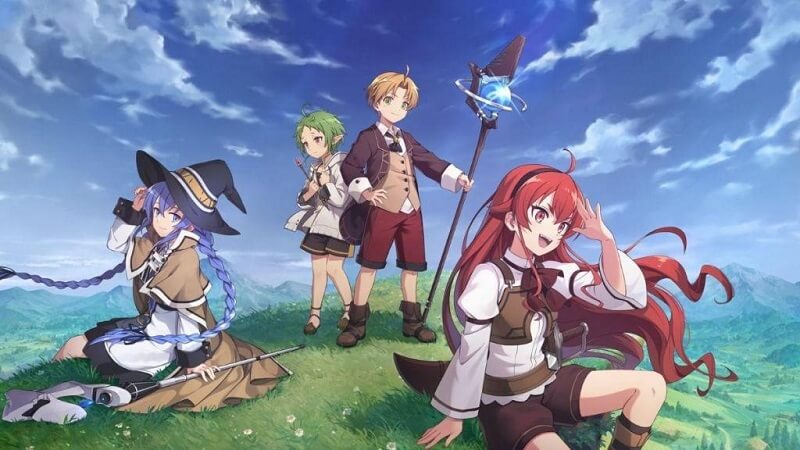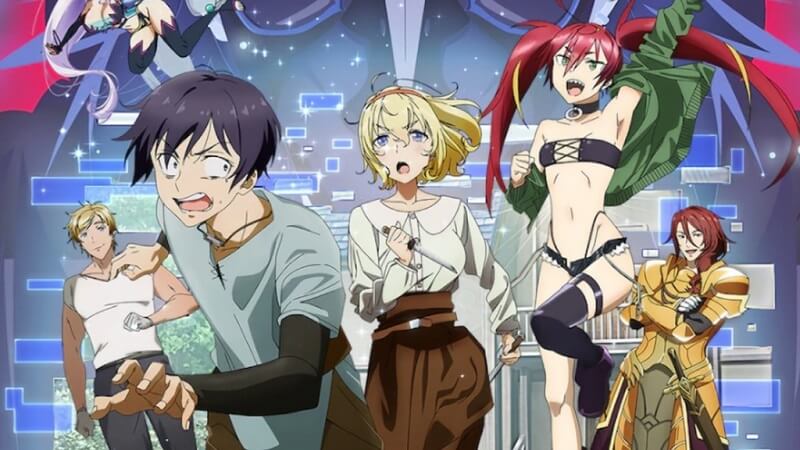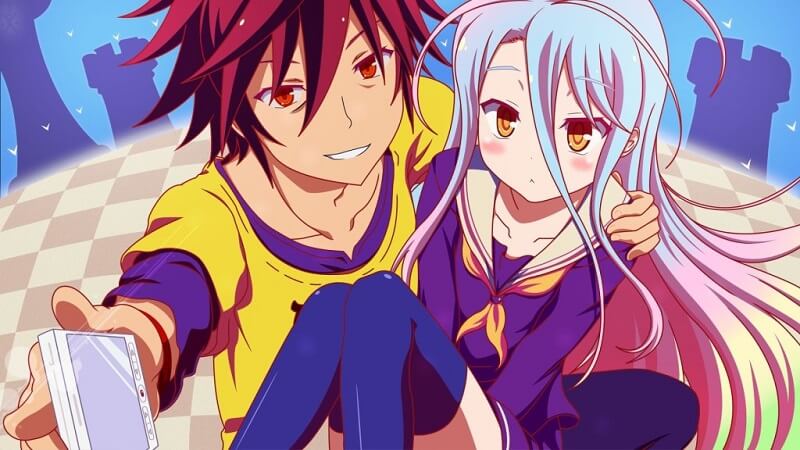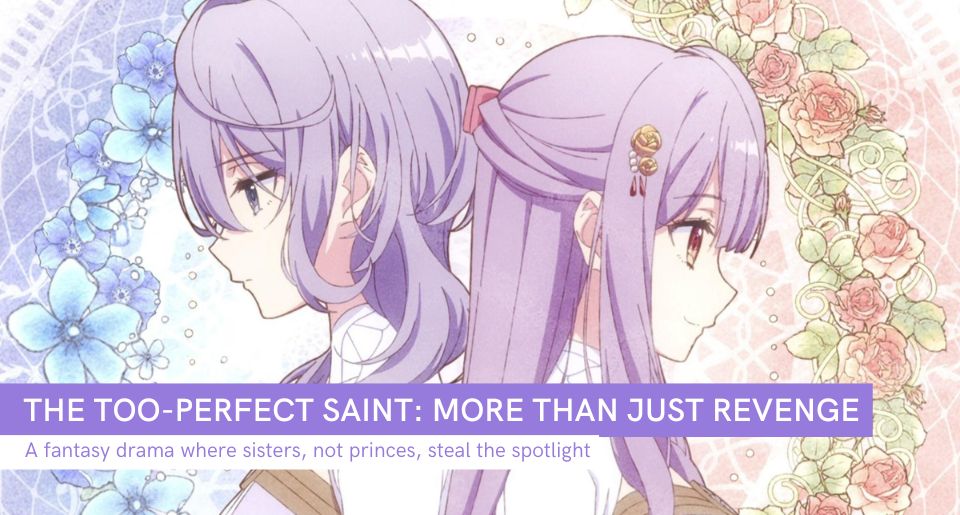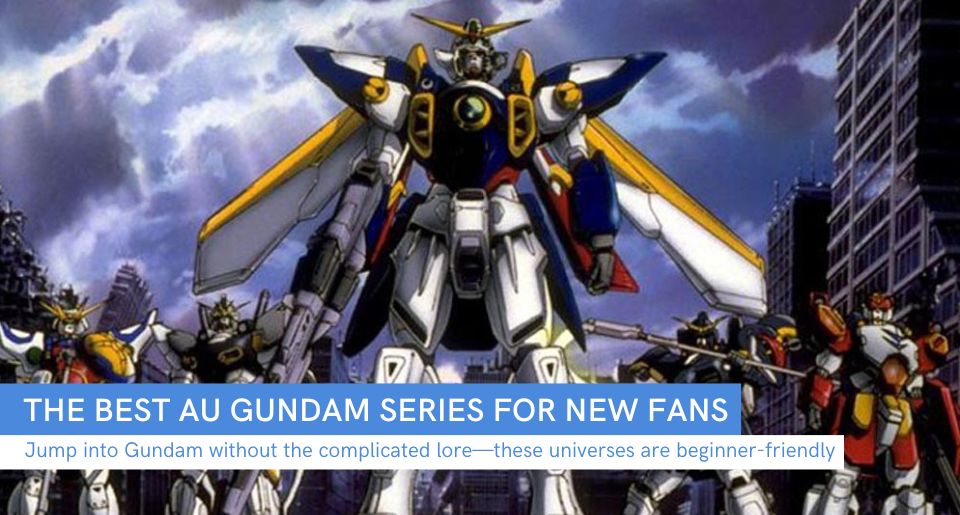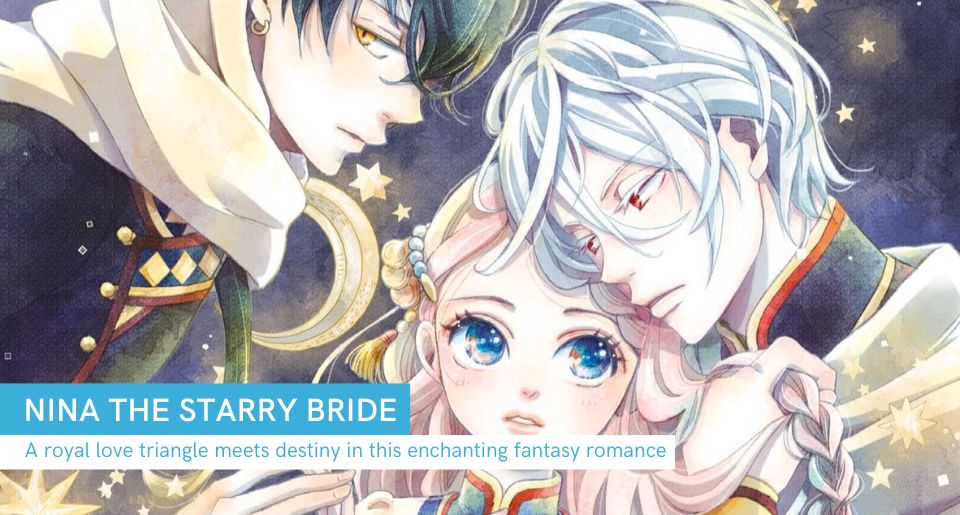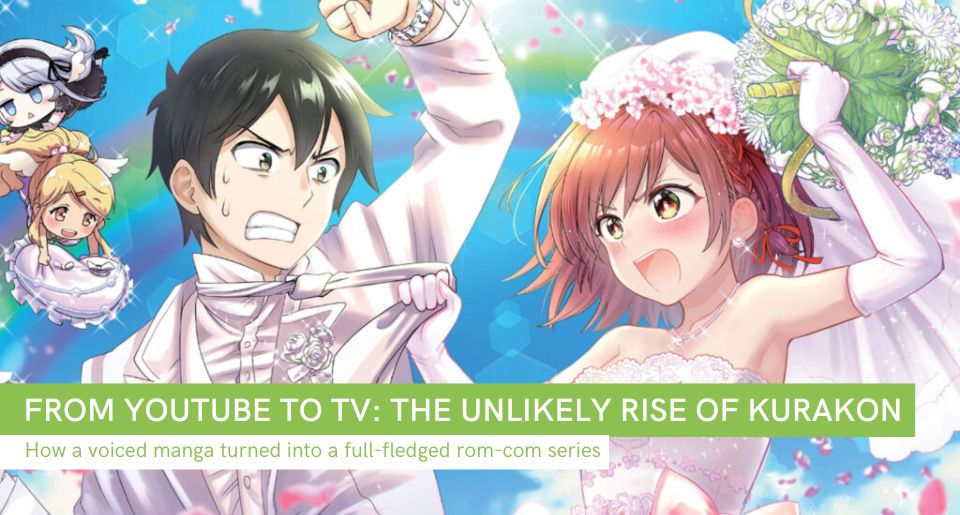Three years into the COVID-19 pandemic, and social distancing still plays an unfortunate part in our lives. Not only are plenty of people hesitant to meet others and go to crowded places, some don't even want to venture outside at all.
Of course, for people exhibiting signs of social withdrawal -- such as hikikomori and NEETs in Japan -- this act of isolation is nothing new. Indeed, for many the difficulties of a global pandemic might pale in comparison to the daily anxiety and distress they have felt for years, even decades.
Is the lack of human interaction taking its toll on you too?
Whether it be due to COVID-19 or social anxiety, we'll try to help you get back on your feet.
In this blog post, you'll:
- Learn the definitions of hikikomori and NEET in Japan
- Discover five anime characters who fit the hikikomori and NEET mold
- Read some helpful advice about reentering society
Let's get started!
Contents
- Introduction
- Hikikomori meaning
- What is a NEET?
- 5 anime hikikomori who help you bounce back
#1: Tatsuhiro Satou (Welcome to the NHK)
#2: Kazuma Satou (KonoSuba)
#3: Pre-Rudeus (Mushoku Tensei)
#4: Hiroshi Yuuki (Full Dive)
#5: Sora & Shiro (No Game No Life) - Isolated, but not alone
- Other articles you'll enjoy
Hikikomori meaning
First of all, what even is a hikikomori?
The Japanese verb hikikomoru means to shut oneself away, so a hikikomori is simply someone who exhibits this behavior.
Though it can be easy for people familiar with Japanese culture and/or language to simply view a hikikomori as a hermit obsessed with anime or games, there's much more to it than that.
In a 2004 study, Japan's Ministry of Health, Labour and Welfare offered the following hikikomori definition (all criteria must be met):
- Someone who doesn't go to work or school
- Someone who rarely interacts with people besides their own family
- Someone who has secluded themselves at home for more than 6 months
The same study provided a small snapshot of the state of hikikomori at the time in Japan:
- Hikikomori were present in 320,000 households.
- 1.18% of people aged 20-49 were (or had previously been) hikikomori when surveyed.
Even today, the issue of hikikomori remains a significant topic of debate in society both in Japan and around the world.
What is a NEET?
NEET stands for "Not in Education, Employment, or Training," so like hikikomori there's the idea of not actively participating in society. There's no specific mention of time spent secluded indoors, but that's not to say NEETs don't exhibit such behavior either.
A 2007 report about NEET from the aforementioned Ministry of Health, Labour and Welfare defined a NEET in this way (all criteria must be met):
- Someone aged 15-34 who is unemployed or not looking for work
- Someone who doesn't go to school
- Someone who isn't a homemaker
- Someone who is single
The report also gave the following insights:
- The number of NEETs rose from 440,000 in the year 2000 to a collective 640,000 people in 2004-2005.
- NEETS aged 24 and under dropped in number, but those who were 25 and over rose in number.
The report mentions that the increase in the 25-and-over age bracket was more serious than the 24-and-under decrease.
5 anime hikikomori who help you bounce back
Anime isn't just a form of entertainment -- it's also a vehicle for social commentary. Given that the issue of hikikomori and NEETs is such a significant issue in Japan, it's hardly surprising to see how much representation they receive in the world of anime.
Let's take a look at 5 anime hikikomori and NEETs whose stories can help you bounce back from the brink.
#1: Tatsuhiro Satou (Welcome to the NHK)
Hikikomori story
College dropout Tatsuhiro is a seasoned NEET of four years who's prone to anxiety and other negative emotions.
He also happens to be a wild conspiracy theorist.
One such theory that he believes without a shadow of a doubt is that his NEET-hood isn't the result of his own actions (or rather, inaction). Instead, he sees it as a calculated attack by the eponymous NHK -- Nihon Hikikomori Kyokai -- an organization hellbent on increasing hikikomori and NEET culture in the community.
Key takeaways
Before masks, remote work, and nationwide lockdowns became ingrained in modern society, the act of going weeks and months at a time without meaningful social interaction would have been foreign to many of us.
So as communities begin to grapple with all of the above as "the new norm," it really is important to make a conscious effort to stay in touch with friends, family, and those around you. It'll help you get a load off your chest and hopefully brighten your day.
The other benefit of being in contact with people is that it gives you the chance to seek different opinions and sources of information besides your own. Social media and the Internet make it unfortunately easy to get swept up in biased takes, harmful disinformation, and crazy Welcome to the NHK-like conspiracies. Reaching out to others (especially people you can trust) and hearing their points of view on a subject is a great way to filter out the noise.
You don't want to succumb to the same paranoia and delusion that afflicts Tatsuhiro Satou, after all!
#2: Kazuma Satou (KonoSuba)
Hikikomori story
Kazuma's time on Earth involved skipping classes and whiling the hours away in the world of video games. How ironic, then, that he was on his way home after picking up yet another game for his collection when tragedy struck -- and he lost his life.
After Kazuma reaches the afterlife, a young girl named Aqua offers him an ultimatum: either continue onwards to Heaven, or be reincarnated in a fantasy landscape alongside one item of his choosing.
Satou opts for the former, and chooses Aqua herself as his starting item -- and so the two set off on a mystical journey together with danger and deceit at every turn.
Key takeaways
Countless isekai anime rely on the concept of redemption and making a fresh start in a new environment. (The word isekai itself means "different world," after all.)
The unfortunate reality is that the "once bitten, twice shy" mantra can rear its ugly head when it comes to traumatic experiences -- be it social withdrawal (and/or whatever caused it) or a global pandemic. It's not at all unreasonable for someone suffering from this trauma to fall down a rabbit hole and think that no matter what they do to try to escape, the world outside will be the same cruel one it was before.
Still, it doesn't have to be that way. You don't have to let the world outside dictate who you are and what you do. As human beings, we're free to choose our own path through life -- and to shape our world around it. Obviously there are overarching laws and morals that we all have to abide by in order to co-exist in peace, but that doesn't mean you're forbidden from taking charge of your life and removing unpleasantries that prevent you from achieving happiness.
#3: Pre-Rudeus (Mushoku Tensei)
Hikikomori story
Mushoku Tensei: Jobless Reincarnation doesn't actually reveal the real name of the 34-year-old NEET who gets reincarnated as Rudeus Greyrat -- but that's the character we're talking about here.
The unnamed NEET had a troubled life plagued by bullying and neglect. He sadly began to push people away, and eventually became so much of a recluse that even his parents' untimely passing and subsequent funeral weren't reason enough for him to reconnect with those around him.
As is so often the case, the NEET wasn't a bad person per se, and his final heroic act of saving a group of students from an oncoming truck -- at the cost of his own life -- is tragic evidence of that fact.
Key takeaways
Despite waking up in the body of young Rudeus after his unfortunate death, the NEET still retains all of his memories from his previous life. That means he's got all the knowledge and experience that comes with adulthood, plus the energy and potential of a young child to put them into practice.
Like Rudeus and his former self, some of life's most meaningful absolutes are the experiences we have along the way -- and the memories we keep of them. Sure, you can't change the past, but you can certainly tap into those memories and grow from it!
So when it comes time to get back into the social swing of things (either after a withdrawal, or a pandemic-induced isolation), try not to simply shrug off the troubled times that led you to that point. Take them as just another rocky road on your path through life, and as unchangeable steps towards your evolution. Armed with your new knowledge and ideals, no doubt you'll be able to walk an even rockier road next time!
#4: Hiroshi Yuuki (Full Dive)
Hikikomori story
Hiroshi "Hiro" Yuuki is a fascinating case of a typical hikikomori tale flipped on its head.
Though many shut-ins have shied away from society for the better part of their lives by the time we're introduced to them, Hiroshi is actually the opposite: he's the star of his school's track-and-field team and has a bucketload of friends who look up to him.
Unfortunately, after an embarrassing incident during a big race, Hiro retreats into the world of video games. One in particular that he finds himself caught up in is Kiwame Quest, where a player's physical abilities in the real world translate over to in-game avatar skills...
Key takeaways
For many of us, Hiro's character arc is all too relatable in the context of the current pandemic. After all, no doubt you (and/or people you know) had a thriving social life before COVID-19 hit, but had to make some tough sacrifices when social distancing and lockdowns became par for the course.
Sure, video calls and instant messaging make virtual gatherings easier than ever before. But no amount of online convenience can ever truly replace the joy and true emotional connection to be had when meeting someone in person.
So as difficult and testing as it may seem, try not to just cling to the memory of how life once was. Don't resign yourself to the "fact" that your social life is over -- because it isn't! All it takes is a little adaptation, whether it be gathering in smaller numbers or hanging out in the great outdoors instead of a packed mall or arcade.
You may not be able to enjoy your social pastimes on as grand a scale as before (for the time being, at least), but that doesn't mean the strong relationships you've forged with those around you have to disappear completely.
After all, if Hiro can overcome his embarrassing ordeal and learn to enjoy social interaction once again, so can all of us!
#5: Sora & Shiro (No Game No Life)
Hikikomori story
Sora and his sister Shiro spend every waking hour playing video games -- enough to see life itself as just another frivolous form of entertainment.
Their endless days of social withdrawal become a thing of the past, however, when they find themselves sucked into a fantasy world where games are what distinguish right from wrong. In this universe, you wager things of equal value with the caveat that whoever emerges victorious in a high-stakes game will walk away with the prizes.
Key takeaways
Sora and Shiro's relationship is evidence of one powerful truth: No matter how hopeless and overwhelming a situation might seem, there's no need to feel like you're ever alone in your ordeal. The siblings were typical shut-ins before waking up in the game world, but once there they immediately began working together to overcome every challenge thrown their way.
Whether it be the despair of a global pandemic, or the difficulties of social withdrawal, do try to realize that there's bound to be somebody out there in the same boat (or who can at least empathize with you). It could be a family member, a friend, a professional authority who can lend you an ear, or even someone you've never met in person who has also pushed others away.
Like the old saying goes, there's strength in numbers. So if you can open up to each other and be a pillar for one another, the realization itself that it doesn't have to be a solitary war might just be your greatest ally of all.
Isolated, but not alone
Whether it be stress from school or work, social withdrawal due to pained interpersonal relationships, or isolation owing to the global COVID-19 pandemic, it's so easy these days to fall into a rut with no way of escape.
Though readjusting to life after the fact is an uphill battle for everyone involved, we hope the hikikomori stories and key takeaways covered in this blog will help you push through to the end and rediscover happiness.
Because as these anime demonstrated, you may have once felt isolated -- but at the end of the day, you were never alone.
Other articles you'll enjoy
For more life lessons from anime, check out the articles below:
- Tokyo Revengers' Mikey: 5 Hard Facts You Must Never Forget
- 5 Crucial Lessons that Fruits Basket Teaches You About Bonds
- Uramichi Oniisan: Top 6 Life Lessons From His Dark Mind
Thanks for reading!
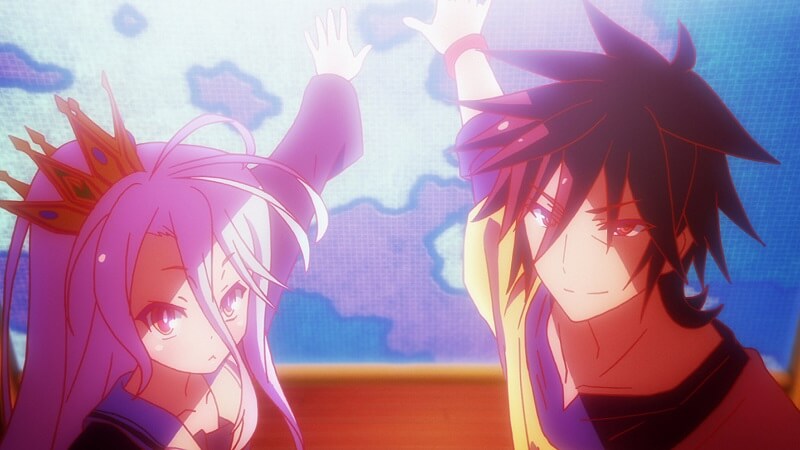
....................................................

